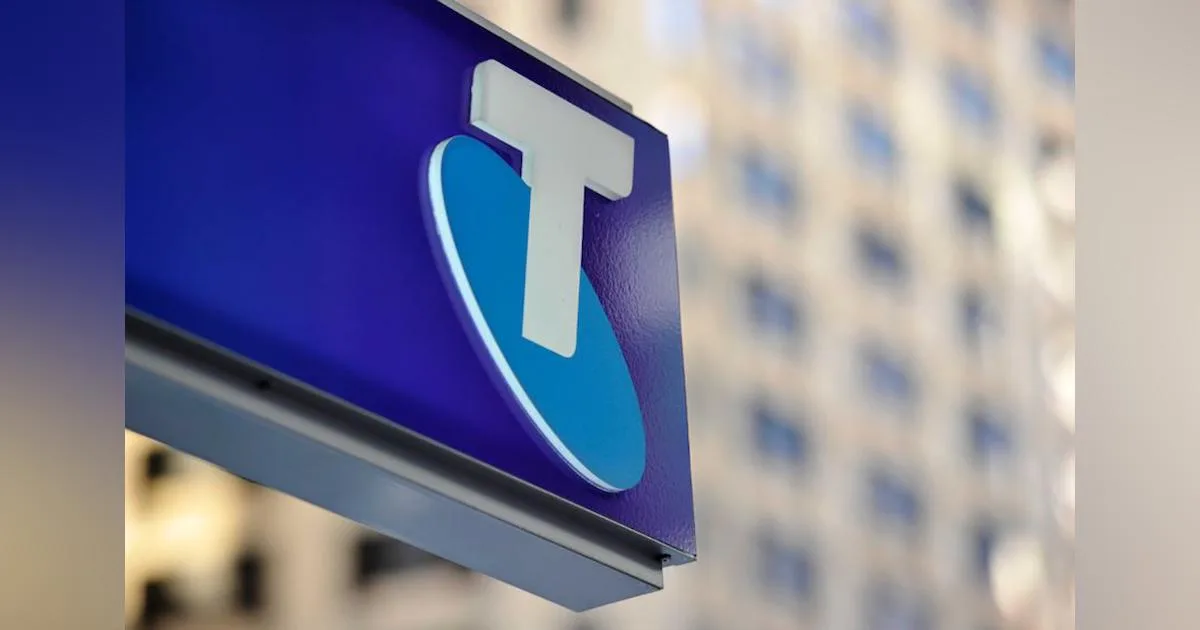Telstra agrees to deregister radiocommunications sites in low band spectrum that would have interfered with Optus’ national 5G rollout
The Australian Competition and Consumer Commission has taken action against Telstra for spectrum hoarding, because the legacy 900MHz spectrum was used to impede Optus’ 5G network rollout.
Telstra’s registration of these sites, according to the ACCC, had the substantial purpose or likely effect of preventing or hindering Optus from deploying its 5G network and from engaging in competitive behaviour in the mobile retail market.
ACCC Commissioner Liza Carver says that Telstra’s commitment will guarantee that Optus will not be impeded from expanding its 5G rollout, allowing more Australians living in metropolitan and regional areas to obtain 5G services.
“Consumers are increasingly relying on 5G network coverage when choosing a mobile phone or plan.”
“Telstra’s undertaking promptly addresses the ACCC’s competition concerns and stops the likely harm to competition and consumers quickly. It is an efficient and effective way to achieve a positive market outcome.” says Carver.
Telstra registered 315 radio communications sites in the 900 MHz band, which Telstra knew was crucial to Optus’ 5G rollout plan.
“Telstra registering 315 radio communications sites in the 900 MHz spectrum band had the significant purpose or probable consequence of impeding competition, as Telstra was aware of the significance of this spectrum band to Optus’ 5G rollout strategy.”
In 2021, Optus secured all of the 900MHz spectrum offered through the ACMA’s spectrum auction, and to enable network deployment prior to the July 2024 start of the auctioned spectrum, the ACMA authorised PMTS Class B licences (known as “early access licences”).
An apparatus licence, rather than a spectrum licence, grants ownership of the equipment used to provide a PMTS (public mobile telecommunications service).
The ACCC determined that in the case of conflicting licence applications (an early access licence and an existing apparatus licence), it would give priority to the party who applied first – and this gave Telstra the opportunity to use its old 2G-era licences.
Telstra registered the 315 sites on January 31, of which 153 have since been deregistered, leaving 162 still registered
According to the undertaking, the ACCC was worried that those registrations impeded Optus from getting early access to the 900MHz sites, which would thus impede its ability to compete in the retail mobile market.
Telstra has agreed to remove the barrier those registrations impose on Optus by deregistering the remaining sites.
Competition drives innovation and investment in new technology, resulting in consumers having more choice, higher quality services, and lower prices.
The ACCC says it will continue to monitor the market closely.







